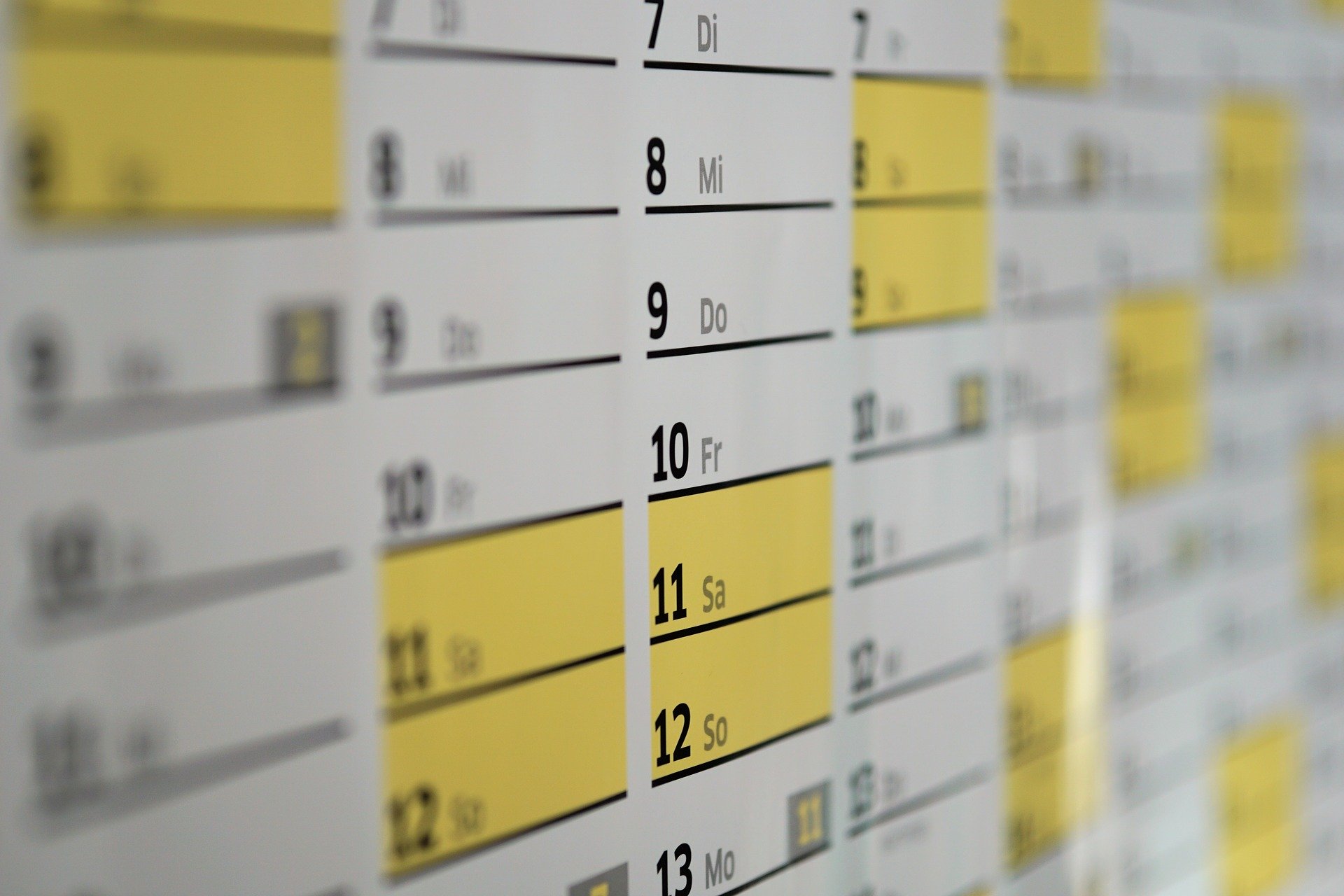Investing Your Time Intentionally Is the Key to Unlocking Productivity
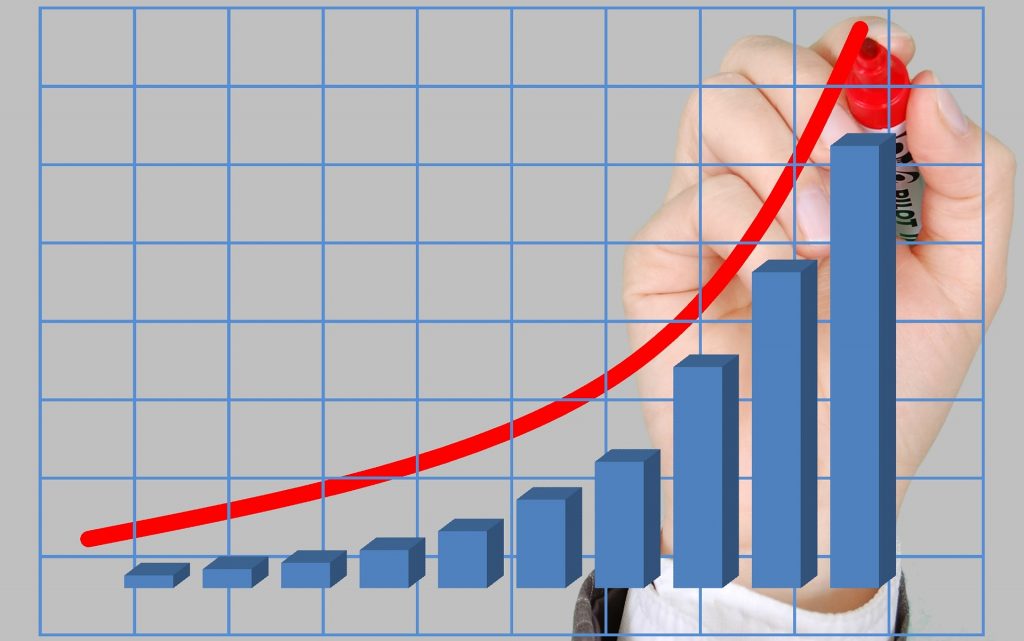
There are as many different ways to use calendars as there are people. Not only that, but if you’re like me, the way we use them continues to change. Not to mention, that calendars themselves keep changing. They have gone from tracking days by scratching a mark in the wall of a cave to now being computerized.
Purpose driven people are constantly looking for ways to be more productive.
I don’t know if I’m going through a phase or if getting older is making me more aware of the limited time I have to spend. Either way my desire to be more productive is at an all-time high.
When scheduling things, it is important to be flexibly rigid. This is balancing the importance of planning with intentionality and the realization that life happens. Finding that balance is hard.
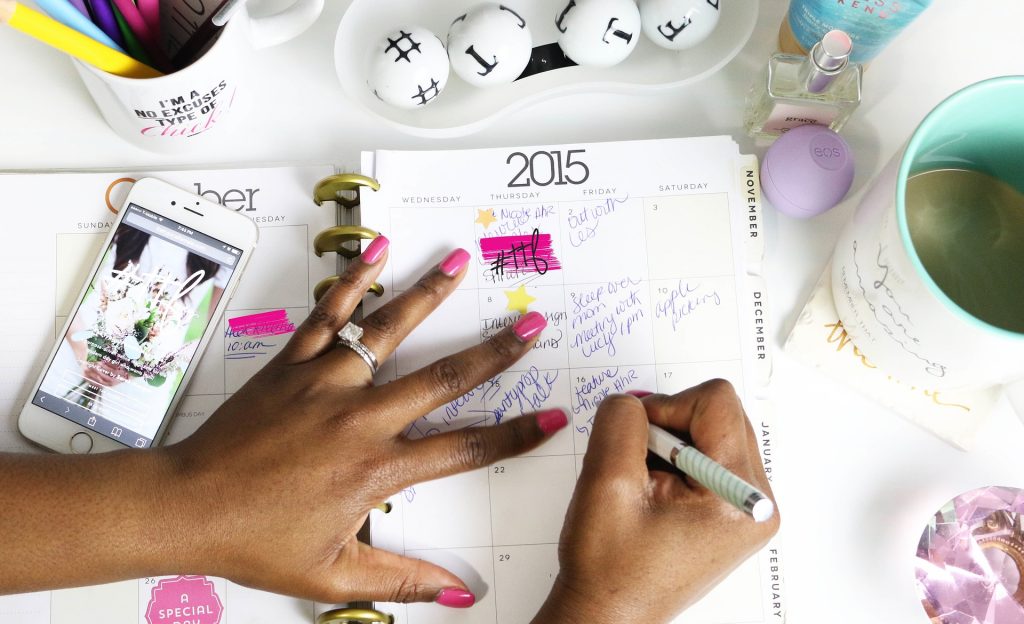
One of the benefits to a computer calendar is the ease with which things can be added, shared, moved or deleted…this is also a detriment. Over the past few years I realized that I was moving things on the calendar that I had scheduled with myself. I would schedule tasks for myself on the calendar and they would get pushed back and back and back again. Then I realized I wasn’t giving meetings with myself as much importance as those with others.
Then I realized the calendar is like any other tool. It doesn’t serve its purpose if it isn’t used properly.
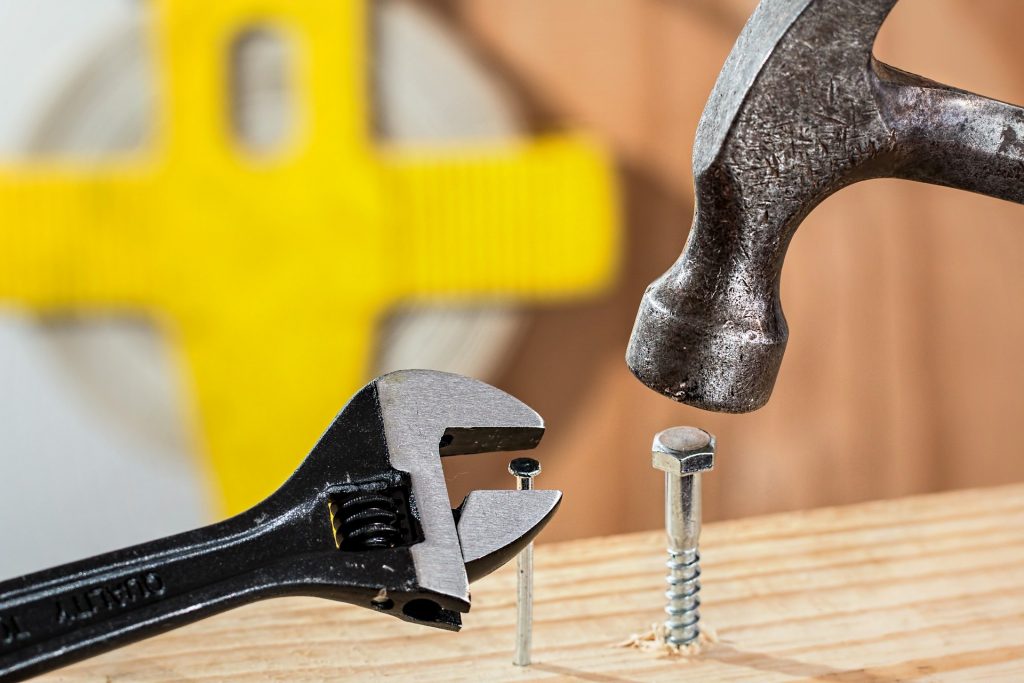
The first thing with any tool is to determine what its purpose(s) is and use it accordingly.
- Scheduling meetings – The most basic purpose of a calendar is for scheduling meetings. These may be recurring meeting or one-time meetings. Scheduling our tasks as meetings with ourselves and giving them equal importance is critical to productivity.
- Reminder of things ahead – This could be meetings, events, actions, birthdays, anniversaries, etc.
- Budgeting time – Similar to money a calendar can work like a budget for time. When you start filling out the calendar there is a limit to how much space there is. When it gets filled up, you’re going to need to stop trying to spend more.
- Prioritizing what you spend time on – Once the calendar is full and there are still things to put on it, you must decide what goes on and what comes off. This calls for a time triage
Determine what works best for you and use your calendar accordingly.
Some days I would accomplish almost everything on my list and then there were days where it felt like I hadn’t achieved hardly anything. As I began to study why that was, it became apparent that the most productive days were the ones that I had packed the calendar full, from beginning to end, even little things. The days that were less productive had more unscheduled and open time. I realized that when my day was scheduled so full that I didn’t think I could get it all done, I was focused and did much better at staying on task.
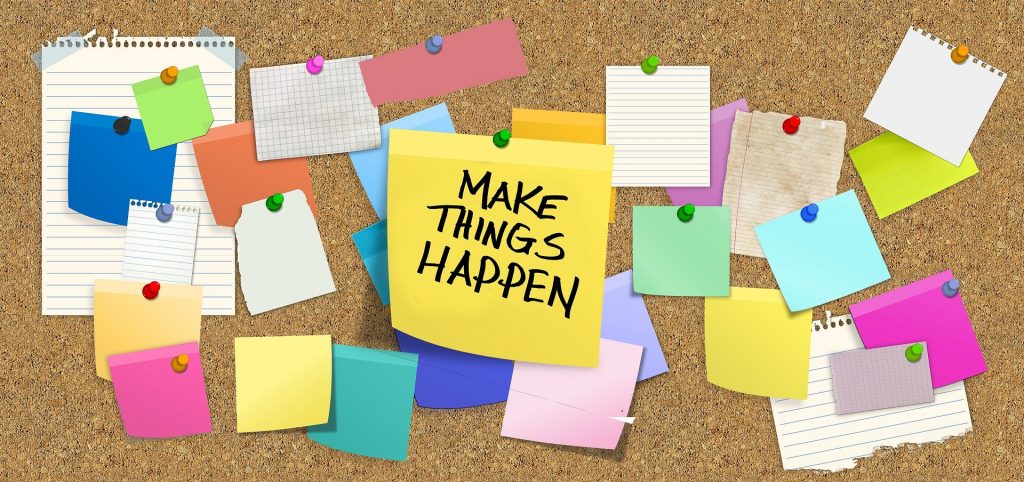
Over the past few weeks, I’ve been scheduling my calendar full, to the point of some days being scheduled tight without any open space. In doing this I have noticed that I have been consistently more productive. This doesn’t mean that everything gets done, just that I’ve been more productive.
There’s still a lot of room for improvement, but this seems to be working.
I still need to work on being wiser about what I spend my time on. There’s limited time so we all need to be good stewards of the time we’ve been given. Being productive requires intentional action. Productivity seems like a big monster, but we can take him out if we’ll just start implementing small steps in the right direction.

